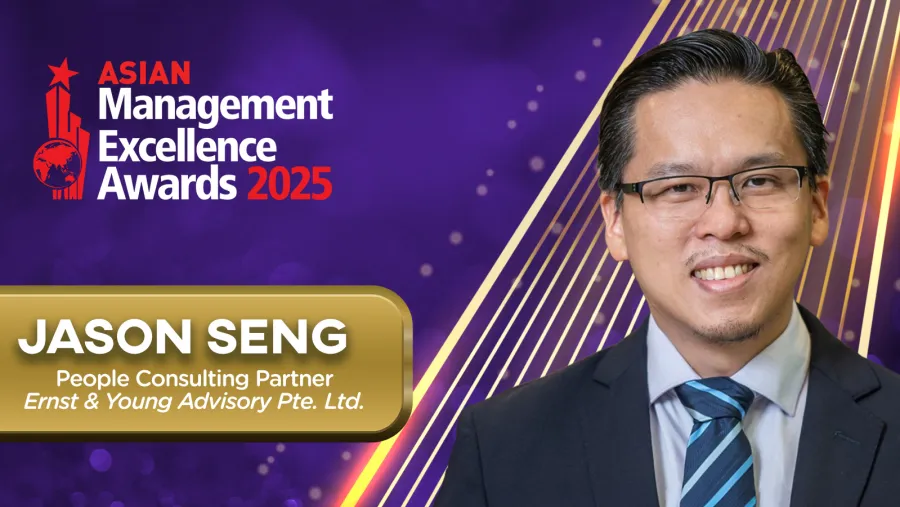
Future-proofing employees is important to support the organisation’s growth - EY’s Jason Seng
He highlights how HR leaders can drive engagement, foster innovation, and future-proof their workforce in a rapidly changing business environment.
As the work environment evolves, businesses across industries are facing unprecedented challenges and opportunities driven by technological advancements and changing employee expectations. HR leaders play a pivotal role in guiding their organisations through these transitions, fostering an inclusive culture, and enhancing employee engagement.
Offering valuable insights is Jason Seng, People Consulting Partner at EY in Singapore. He specialises in people and HR consulting and has led large-scale global and regional business transformations across ASEAN, Greater China, Europe, and the Middle East.
His interests include the Future of Hybrid Work and the strategic future-proofing of client HR functions, with expertise spanning diverse industries such as oil and gas, mining, energy, utilities, pharmaceuticals, finance, banking and insurance, consumer goods/FMCG, retail, gaming, technology, telecommunications, real estate, and government.
As a judge at the Asian Management Excellence Awards 2025, Seng highlights the transformative role of artificial intelligence in HR management, investing in continuous learning, the importance of inclusive and empathetic leadership, and effective engagement with a hybrid team to maintain a vibrant culture.
What trends or innovations in management practices have impressed you the most this year? How should leaders adapt to stay relevant in today’s rapidly shifting landscape?
Artificial Intelligence (AI) presents the biggest opportunity as it allows Chief Human Resource Officers (CHROs) to augment the way their organisations attract, develop, and retain talent. AI can help to automate routine tasks throughout the employee lifecycle, such as candidate screening, as well as personalise employee learning experiences that align with career aspirations and organisational goals and implement proactive retention strategies.
HR leaders should set an example by continuously investing in their own learning and development and adopting a digital mindset by staying informed of the latest trends and innovations. They should also foster a culture of learning and upskilling, as well as one that embraces experimentation and innovation. This means allocating resources for training, as well as recognising and rewarding learning efforts. An environment where employees are empowered to explore new ideas and technologies can lead to the development of creative solutions. Lastly, by leveraging data and predictive analytics, HR leaders can make informed decisions and respond quickly to technological shifts.
As an experienced people experience and change professional, how do you see the role of leadership evolving in a world that prioritises employee engagement, culture, and change management?
The role of leadership today has evolved such that leaders should not only be adept in strategic thinking and focus on business profitability but also inspire their teams through inclusive and empathetic leadership. At the same time, it is crucial for leaders to foster psychological safety within the organisation. This ensures employees feel included and safe to provide constructive feedback, which is vital to achieving desired outcomes.
Lastly, future-proofing employees is important, as it helps them to better support the organisation’s new growth areas. Future-proofing means equipping employees with the knowledge and skills necessary to adapt to emerging technologies and industry trends. This involves leaders identifying, developing, and retaining key talent, which requires a people-oriented approach combined with organisational agility. For example, moving talent across various jobs, departments, and functions can keep employees motivated and skilled.
With your focus on future-proofing HR functions, what trends do you foresee shaping the future of work over the next five years, and how should businesses prepare to stay competitive and resilient?
In my earlier response, I highlighted that AI can drive organisation-wide change – enhancing cost efficiencies, workforce productivity and employee engagement. As such, organisations must leverage the AI-employee alliance effectively, given how the technology continues to transform the traditional dynamics between HR, employees and leaders. AI empowers HR and employees to surface and address needs autonomously without needing to wait for leadership intervention.
AI can also take the role of a personal HR advisor – a virtual assistant who collaborates with HR teams to shape performance goals and enhance employee experience through tailored accommodations.
Hybrid work environments have become increasingly popular post-pandemic. From your perspective, what are the critical elements of a successful hybrid work model and how can organisations create sustainable strategies that support both productivity and employee well-being?
Unlocking the full potential of AI can dramatically boost productivity and elevate employee engagement, particularly in today's digital and hybrid work environments. Leaders should find ways to engage effectively with their hybrid team. This is crucial to maintain and prevent the erosion of a vibrant corporate culture in the remote working landscape. They can also implement key performance indicators (KPIs) that focus on output and teamwork to accurately measure workforce productivity and drive continuous improvement.
Looking at the changing dynamics in workforce management, how can HR leaders build resilient, adaptable teams that thrive amidst disruption and change, especially in industries facing continuous volatility?
There are three main ways that CHROs can build adaptability and resilience. The first is by demonstrating empathetic leadership – i.e., by balancing the need to focus on goals vs. people. Leading with empathy strengthens trust and allows leaders to be more attuned to the needs of their employees. Thus, they are able to overcome obstacles, collaborate, and pivot quickly in times of rapid change.
Another area is to look at upskilling and reskilling of the workforce, ensuring they are digital-ready and technologically fluent for their job roles. Whilst different jobs demand varying degrees of digital expertise, organisations should establish a strong baseline across their various teams. Lastly, CHROs should champion diversity and inclusion to bring varied perspectives and solutions.
As a judge for the Asian Management Excellence Awards, what key factors do you prioritise when evaluating companies for excellence in management practices?
I prioritise these factors:
The impact that the organisation has made internally on its workforce in terms of employee well-being, job security, and career development – one where employees are valued and empowered.
The impact on the business, either in regard to bottom lines, growth prospects or client satisfaction, both during periods of positive performance and adversity.
The impact on society in areas of job creation and economic contribution.
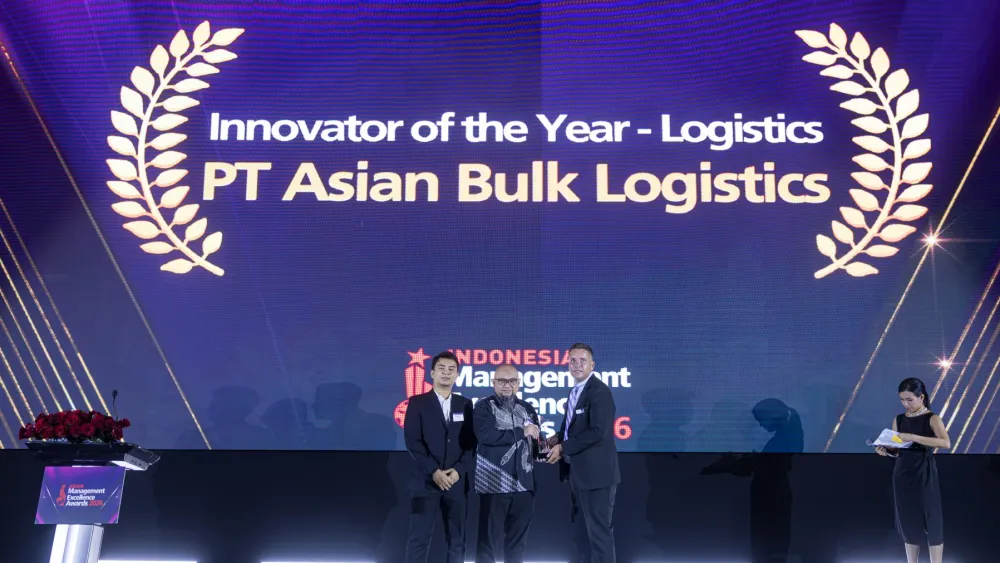
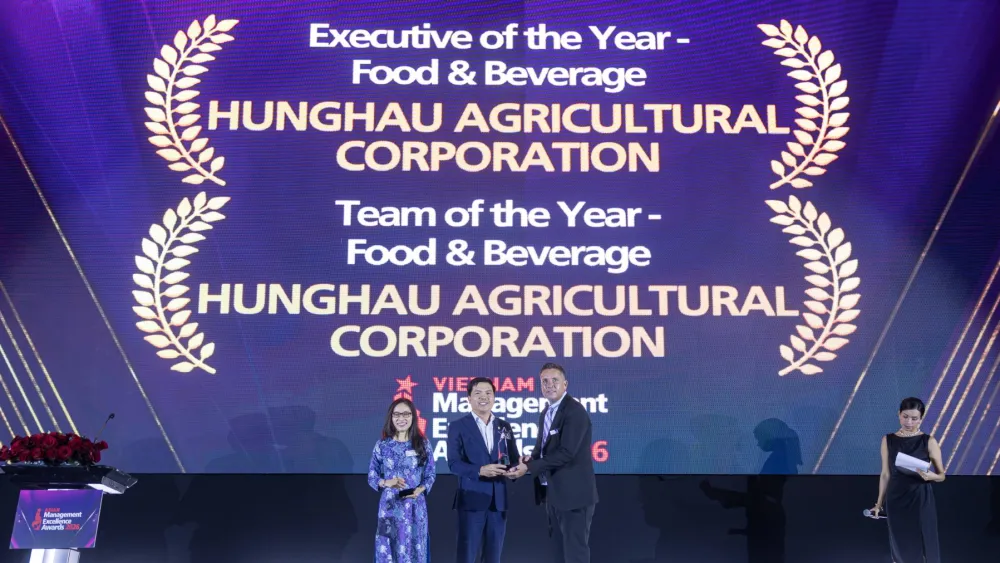








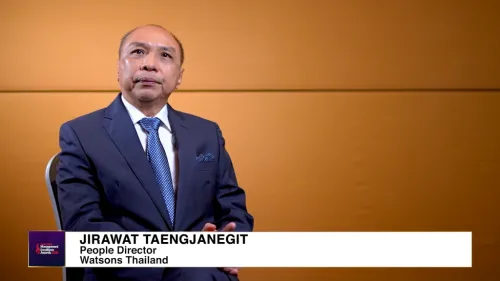


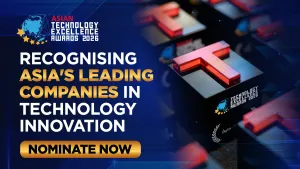





 Advertise
Advertise








